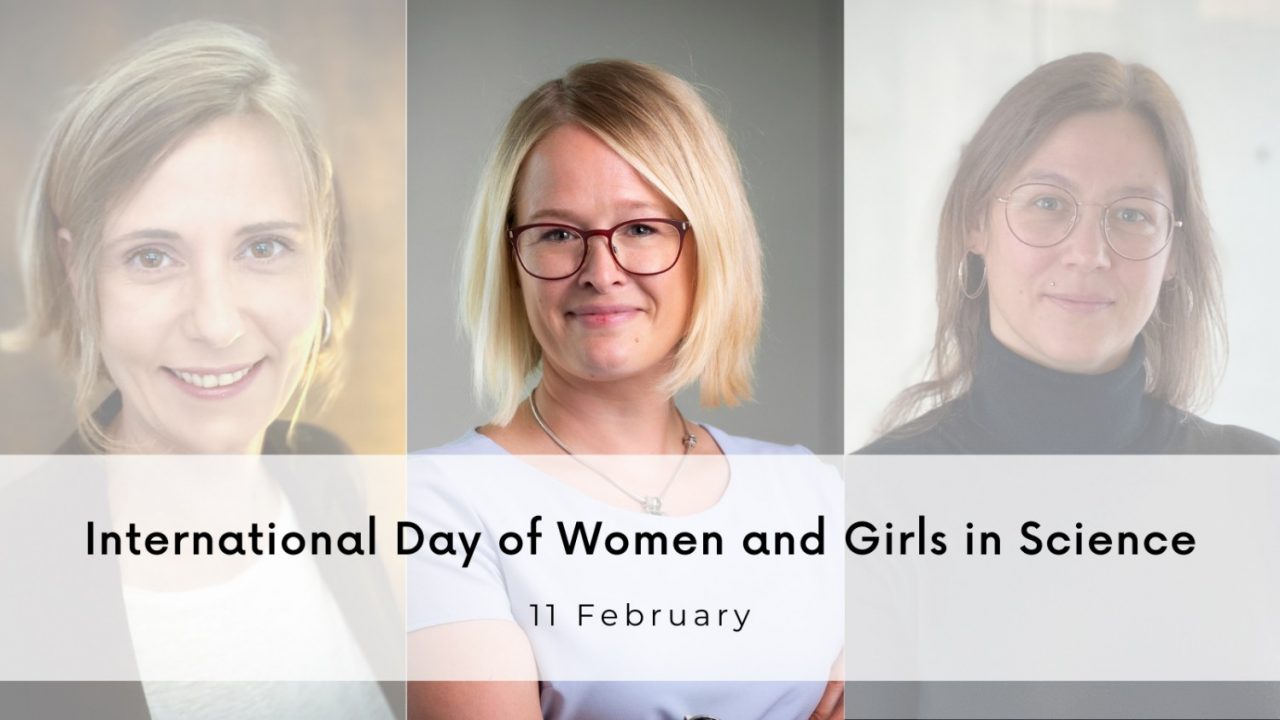- The Laboratory
- Organization
- Departments
- Jobs
- Analysis book
- Contact
- News
- Publications
- Download



Within the framework of the International Day of Women and Girls in Science, we have the pleasure to present you representatives of this female excellence at the LNS, who give us an insight into their work in the following three interviews, telling us what is particularly important to them in their field and how they see the role of women in science. Here the profile of Dr. Anke Wienecke-Baldacchino has been working as a bioinformatician at the LNS in the Microbiology Department since 2018.
I come from a research background, my last job was at the University of Luxembourg and I was looking for a job where I could be a bit closer to the patient and see the direct output from the data I generate. As a bioinformatician, I process data pertaining to biological processes and structures using modern information technology. At the moment, I’m essentially doing nothing else but analysing SARS-CoV-2 sequences and compiling data sets on which virus variants are currently circulating in Luxembourg. We then forward this information on to the competent health authorities.
I have had the luxury of always being able to follow my interests. So I looked into several fields – from engineering to epidemiology – and got several degrees. Ultimately though, I realised that above all, I needed to go somewhere where I could directly see the impact of my work. My current workplace is ideal because I can track what’s happening with the data I’m analysing and see that it really makes sense. Furthermore, bioinformatics has captivated me because you are always confronted with something new. There are always new methods, new ways, new algorithms. You’re constantly on the move, and that suits me perfectly.
It always depends on the personal interaction with colleagues and bosses, of course, but one interesting difference I have observed is that all of my female supervisors have been childless. I would say that women with children are less likely to make it into leadership positions. The scientific milieu, with its mostly fixed-term contracts and permanent pressure to publish, doesn’t exactly offer optimal conditions for a family, and priorities change with children. The fact that there are often fewer women in leadership positions is therefore frequently also due to life circumstances. I know many tough women in important positions in Luxembourg, but I believe that they generally have to do more than their male colleagues to have a successful career.
I believe, and this is now my subjective opinion, that women focus more on collaboration and networking. They don’t work as lone wolves who want to get their project through and claim all the results for themselves. They prefer to work in teams because these are more efficient. I also think that women question themselves more and look at their results in a more critical way, which is beneficial for their research results.